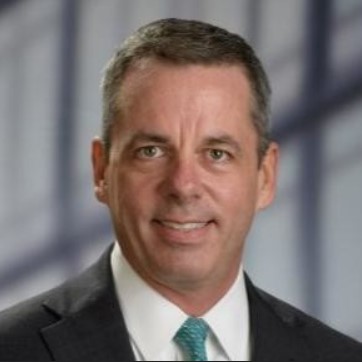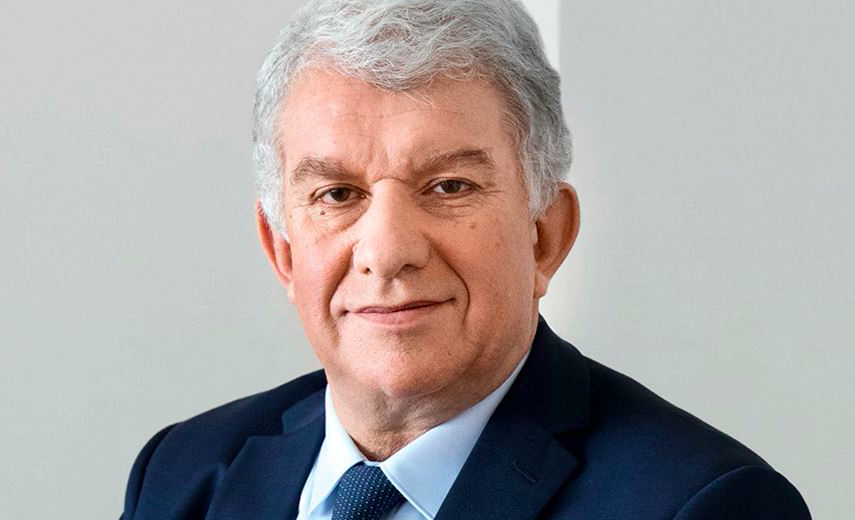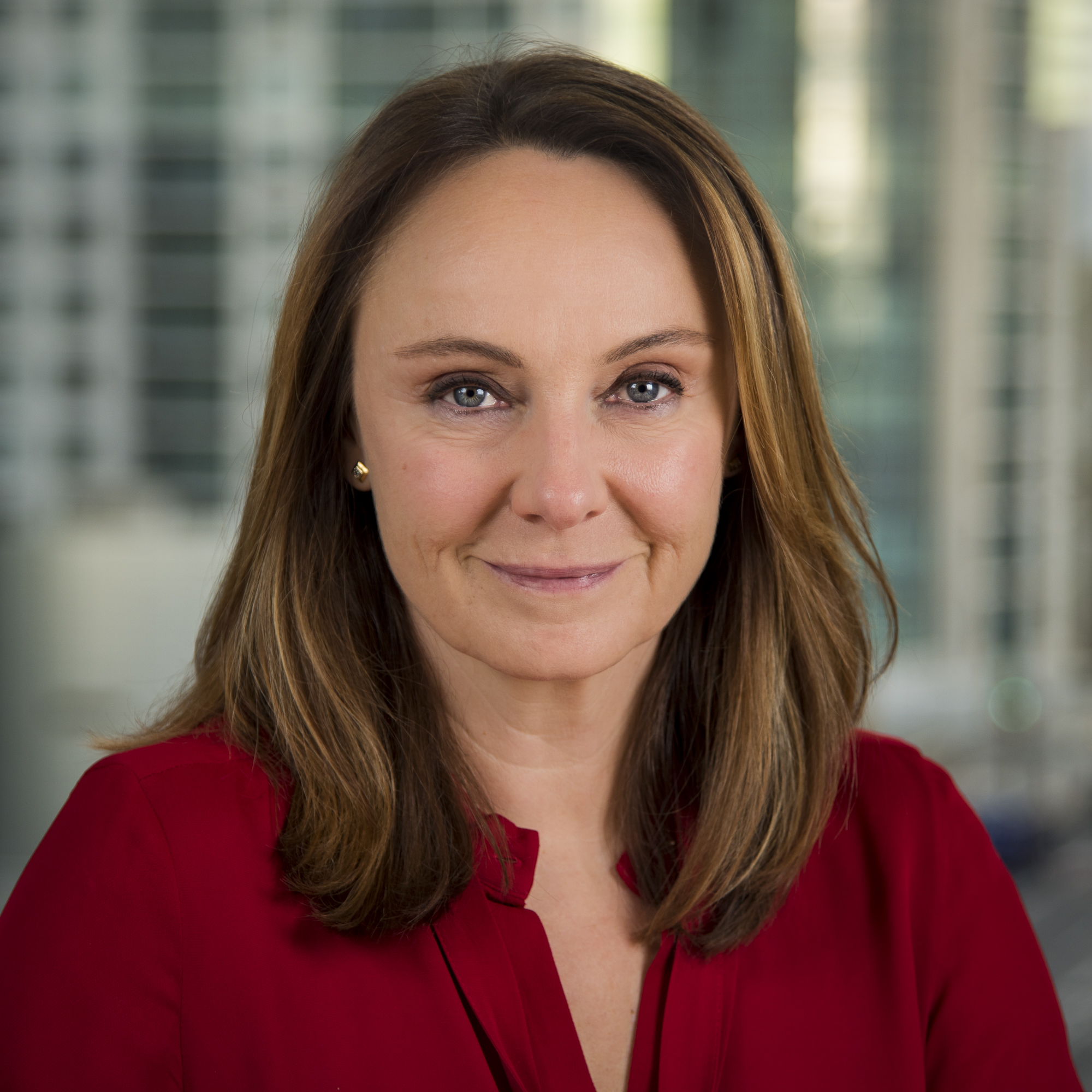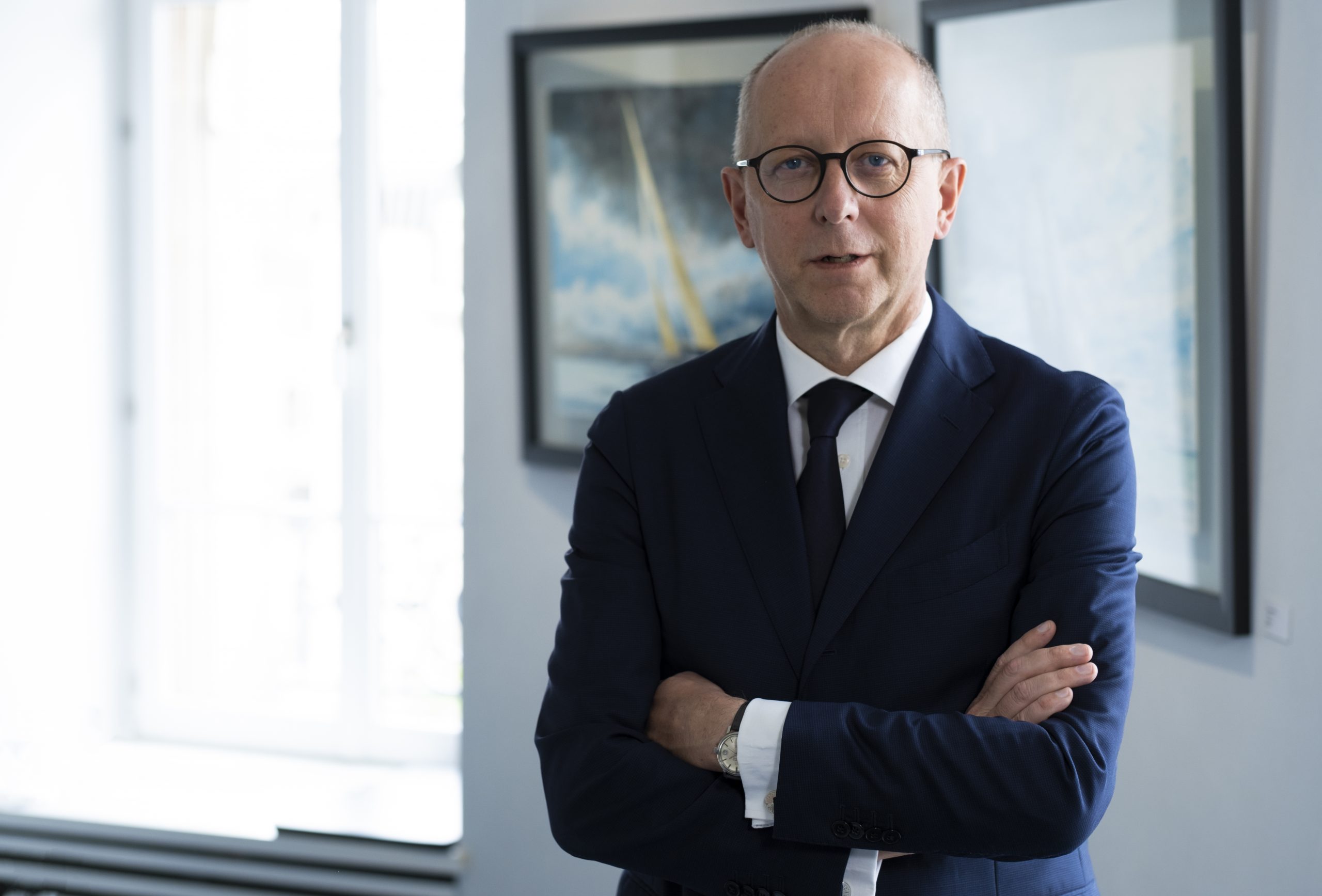Fixed Income Versus Equities: Where Are the Investment Opportunities?
| By Cecilia Prieto | 0 Comentarios

At a time when interest rates are at historic lows while stock markets are trading at record highs, there are many questions creeping into investors’ minds: Are there still interesting opportunities to invest in fixed income, or should investors start to consider rotating their portfolios? What assets should they choose in order to maintain a good risk diversification? Thornburg IM asset managers Miguel Oleaga and Lon Erickson participated in the Funds Society’s Virtual Investment Summit series with the Bull vs Bear Summit panel, to offer insights into their investment philosophy and evaluate where they are currently finding investment opportunities.
Should I reduce my fixed income exposure and add more risk to my portfolio?
The poor performance of fixed income assets against a backdrop of a persistent search for yield is raising many questions for investors about how to position their portfolio in the coming months to address risks such as inflation, but also to benefit from the post-Covid economic recovery. Lon Erickson acknowledges that this is a complex context given that rates remain very low, but he urges investors to never lose sight of what the role of fixed income in a portfolio should be, “given that it is basically an asset class in which you invest looking for hedging against other riskier assets, such as equities.”
The asset manager points out that fixed income may not be providing returns given the current IRR and spread compression, but it is still a source of income generation and helps to diversify risks: “We will continue to see an environment of continued volatility in which fixed income can cushion the swings.”
The asset manager believes that at present, there are still opportunities in the fixed-income universe, but we need to analyze them on a case-by-case basis. “It’s not just about adding things to the portfolio, you need to have the will and the skills to dive into the asset class and be able to select bonds on an individual basis,” he says.
One of the segments in which Erickson is currently finding the most value is in leveraged loans, an asset he sees as “a high yield product that trades at a floating rate rather than offering a fixed interest rate.” He is also finding ideas in investment themed around consumption, particularly the U.S. consumer, where he invests through ABS and in certain parts of the non-agency-backed mortgage market: “Consumers have been very prudent about taking on debt and also have been paying off the loans they already had, so it’s a sector that is well covered, backed by fiscal stimulus and the Fed and we’re now seeing jobs recovery.”
The manager insists that his and his team’s current stance at Thornburg IM is conservative, because they believe that risk is not being well rewarded, especially in high yield: “We are investing in the whole capital structure, but we prefer to stay in the higher quality, senior tranches. We have the flexibility to invest in subordinated debt and other residual parts of the market, whenever we deem it necessary, if we see that we can get double-digit returns, but always with an investment thesis to back it up,” he insists.
In EM, the manager has a preference for those countries that have strong export-based economies versus those based on domestic demand, which have been hit harder by the delayed reopening after the pandemic. “There are some countries with very high rates, such as Egypt, which offers very interesting real rates on its local bonds.”
Where are the opportunities in equities?
Miguel Oleaga is “very bullish” on equities, stating that “there are still attractive and compelling valuations”, especially if companies are analyzed over a long time horizon, although he warns that valuations have rallied a lot over the last 18 months, especially in the U.S. and specifically in the technology segment. “If we wanted to reduce exposure to the US we would probably find software companies in other regions that are the darling of the markets, such as names linked to the services sector or the Internet, which still enjoy market favor despite the correction we have seen this year in this name class.”
The asset manager explains that at Thornburg, “we go further and look at other parts of the U.S. economy, especially the more cyclically exposed parts, which tend to look more attractive even despite the bullishness they have already experienced in the first five months of this year.” Oleaga highlights the positive impact of the monetary and fiscal stimuli applied in the country, because “they are helping a large part of the economy to recover better and more efficiently than before the crisis.”
Meanwhile, the manager talks about the opportunity represented by the reopening of economies globally, given that not all countries are doing so at the same speed, which is generating inefficiencies that can be exploited in their fund: “There are many economies that are still suffering greatly from Covid, and this is reflected in the fact that the prices of the leading companies in these markets are not being representative of their true value”, such as India, for example. These opportunities are encouraging the asset manager to reduce their exposure to the U.S. in favor of these markets.
Miguel Oleaga warns against buying stocks simply because they are trading cheaply, rather than carrying out a detailed fundamental analysis to determine the intrinsic value of companies: “When we take a step back and look at how the market has evolved over the last decade, some of the companies that have proved to be a bargain did not look cheap, as has happened with some US technology names. But if you had the resources to delve deeper and understand the fundamentals of the business and its growth drivers and why it was better positioned than others, then you could see that it was a bargain with respect to its intrinsic value,” something that is now being repeated, as many technology companies have corrected on the stock market, but this slump does not represent a good time to buy across the board for the sector.
Is now a good time to start investing in equities?
Miguel Oleaga’s answer to this question is a resounding yes: “For an investor who is willing to accept higher volatility and the higher risk associated with investing in equities in exchange for a source of income, now is a relatively attractive time”.
The expert draws attention to a third element of yield generation, the dividend situation: “Right now there are a number of companies that are well positioned in terms of cash flow generation and their ability to pay dividends. In a sign of conservatism, many of these companies reduced or cut their dividends last year to make sure they had enough cash flow and maintained a very strong balance sheet at a very uncertain time. As a result, there are a number of names that have restarted their dividend policy. One of the catalysts we can spot is to find these names that can afford to pay dividends and bring them back up to historic levels,” he concluded.









